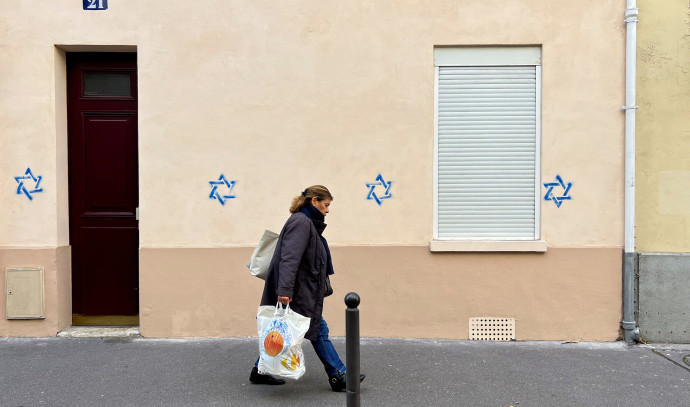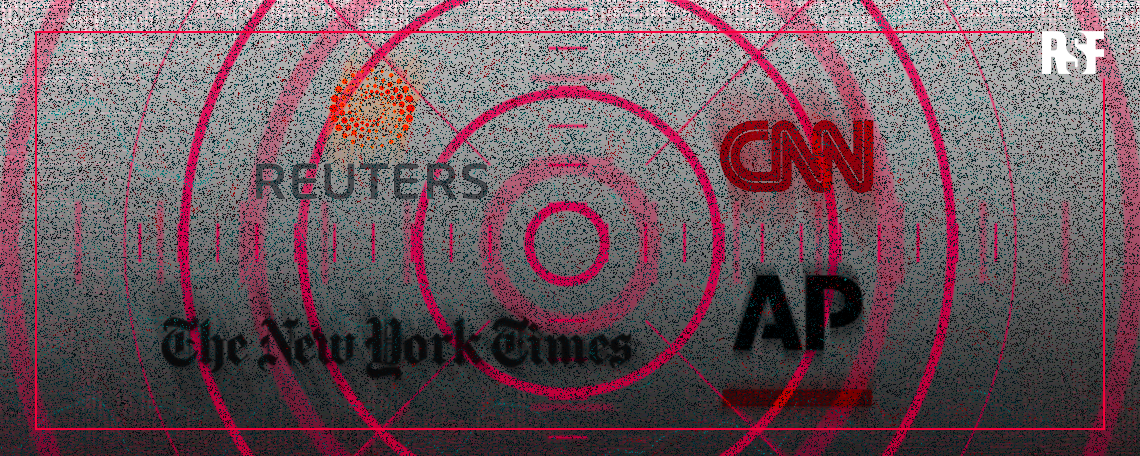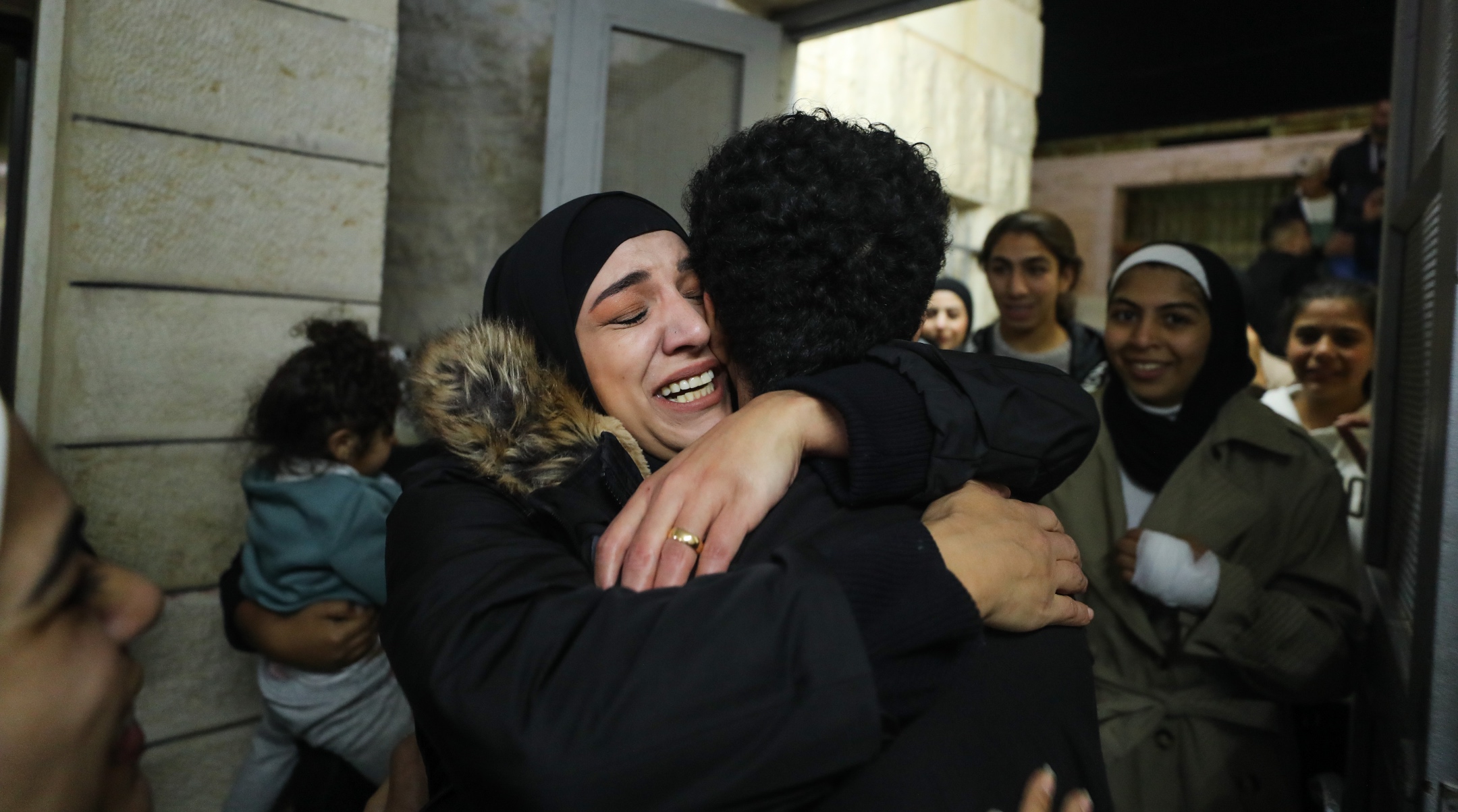Journalists have no special status in a war zone, they are just civilians, and the closer they get to the fighting, the greater the likelihood they will be injured or killed. That's why International Humanitarian Law requires combatants to warn the civilian population to leave areas that will come under attack, which Israel does, but journalists are paid to stay close and document the fighting, so they are frequently in greater danger than other civilians.
There is no evidence the IDF is targeting journalists, but why are these journalists targeting Israel? A recent report from the Un claims 18% of Gaza infrastructure has been destroyed in the war, but a closer look at the statistics shows only about 9% has actually been destroyed or severely damaged, and about 9% has only been moderately damaged; that means about 82% to 91% of Gaza infrastructure remains relatively untouched by the war, if we are to believe the UN, yet we are inundated with videos and photographs of areas of utter devastation without any explanation that these images represent only a small part of Gaza, and we are told there are no safe places for civilians to go when according to the UN report, there clearly are; and we are told by the media that 19,000 Palestinians have been killed during the war without explaining that close to 10,000 of them were Hamas gunmen killed in battle and thousands of them were killed by thousands of failed terrorist rockets that have fallen on Palestinian civilians in Gaza.
The United Nations said Tuesday its satellite analysis agency UNOSAT had determined that 18 percent of Gaza's infrastructure had been destroyed since the outbreak of the Israel-Hamas war, following the unprecedented October 7 attack by the Palestinian militant group.

www.barrons.com
So why have the "journalists" reporting on the war sent in such misleading reports? Perhaps it is because of the 68 journalists confirmed killed, 61 are Palestinians, and recent polls how that 72% of Palestinians support Hamas' Oct 7 massacre of Israeli civilians.
Support for Hamas is softer than support for its actions, which Palestinians perceive as a means of placing their plight front and center of international attention.

www.jta.org





